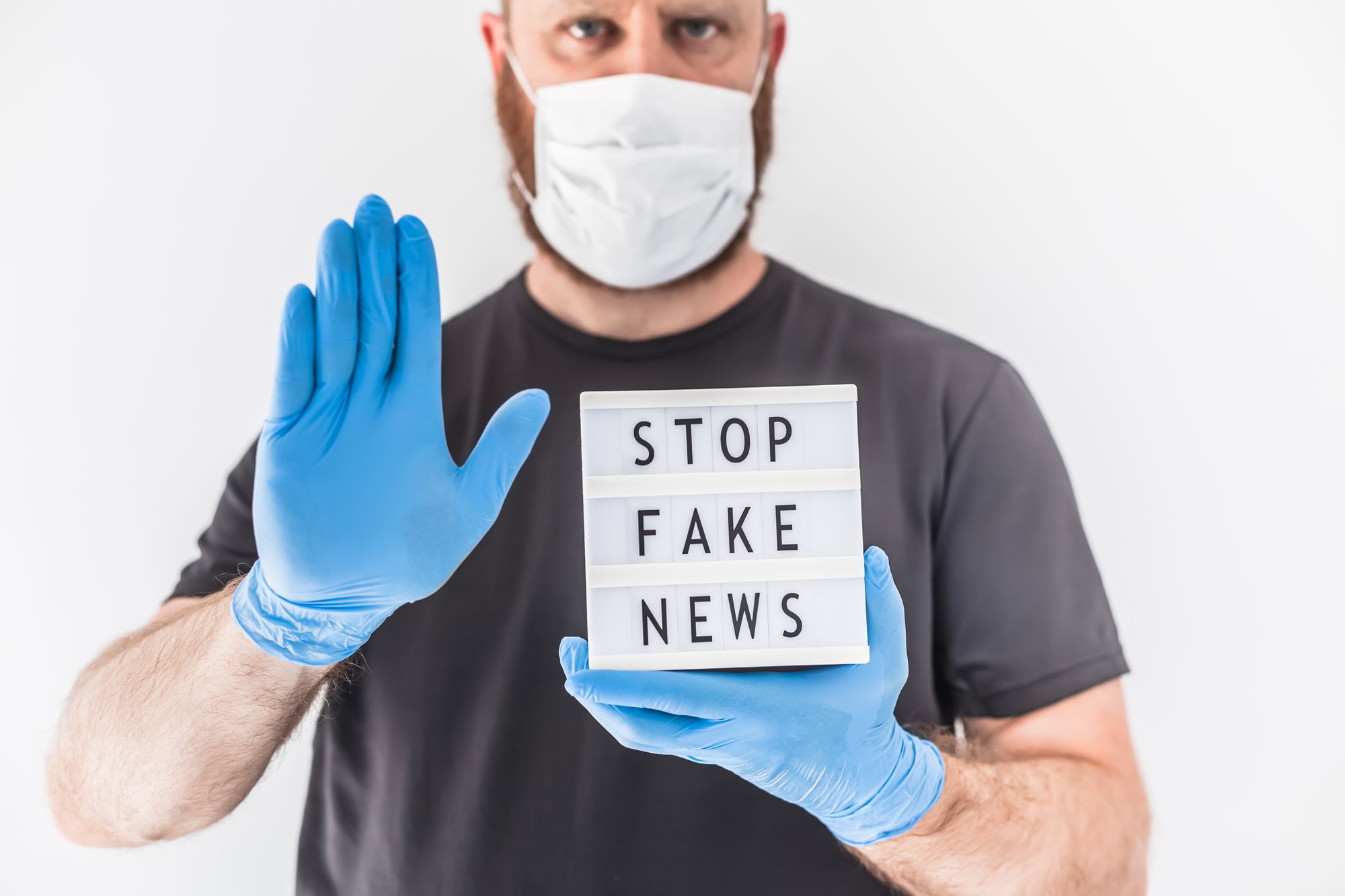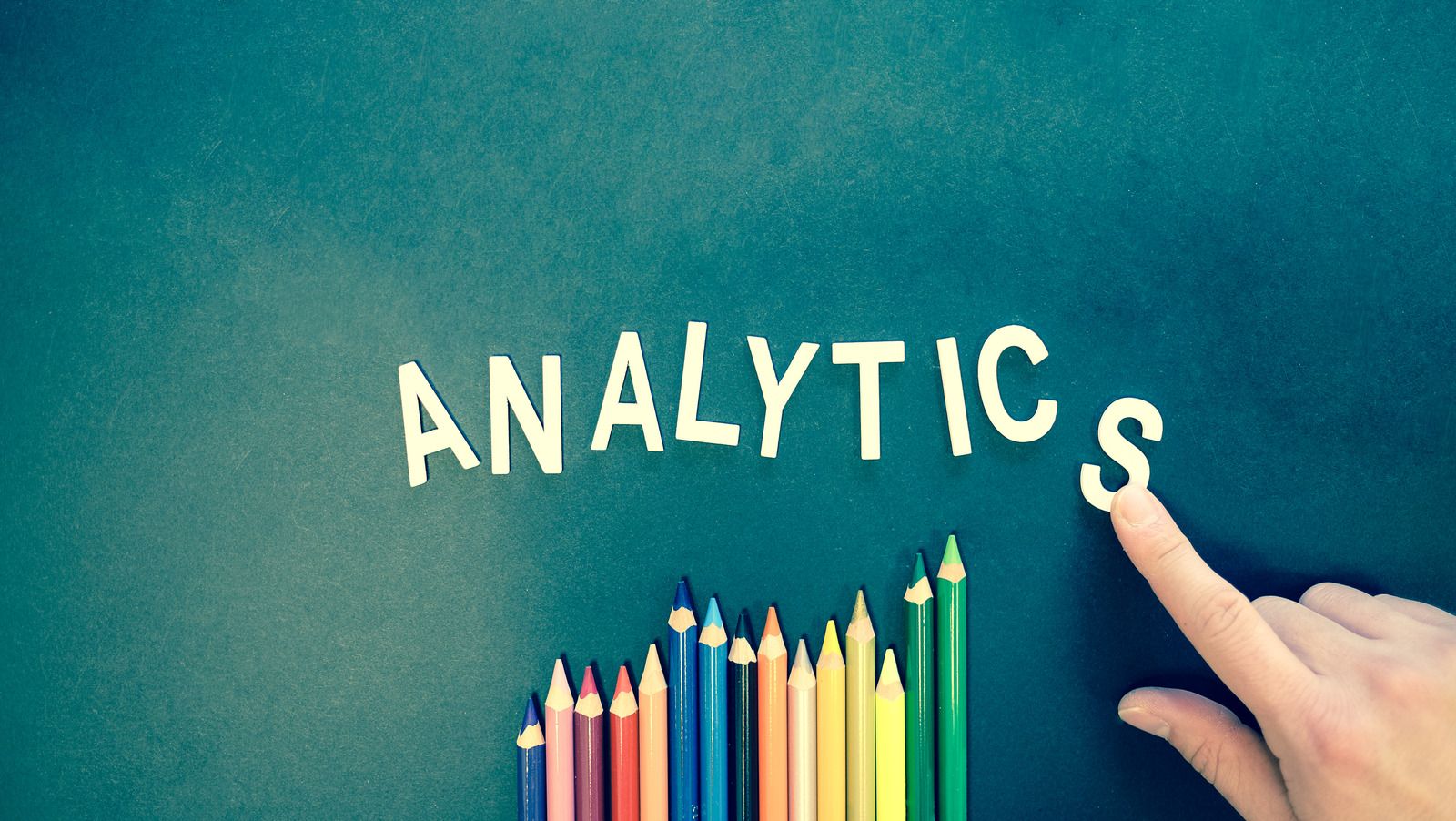COVID-19 conspiracy theories, in addition to COVID-19 misinformation, continue to circulate widely on social media. Some of them even believe the virus is not real or that the masks are not effective.
These accusations sparked a lot of debate on social media sites. Authorities from Facebook and Twitter have blocked such misleading info and claims because they breach the company's standards and rules. However, they have faced charges of censorship and abuse of freedom of speech.
Last year, the rise of COVID-19 incidents was accompanied by the rise of COVID-19 conspiracy theories, and some of them persist in staying in the minds of some.
Towers were set on fire in Europe at the start of the outbreak, with conspiracy theorists claiming that 5G towers were causing COVID-19.
A Wisconsin pharmacist was convicted for destroying hundreds of doses of the COVID-19 vaccine after believing in a conspiracy theory that vaccines change human DNA.
Some also believe that China has created the virus alone.

Do people really care for COVID-19 conspiracy theories? Yes, indeed!
The majority of Americans (71%) have learned of a widely circulated conspiracy theory alleging that influential people purposefully orchestrated the coronavirus outbreak. According to the June Pew Research Center poll, a quarter of American adults believe it has some merit, with 5% saying it is certainly true and 20% saying it is possibly true. However, these beliefs often overshadow critical health information, such as recognizing COVID-19 symptoms, which is essential for understanding and responding to the virus accurately.
When it comes to conspiracy theory beliefs, education levels are particularly significant. Around half of Americans with a high school diploma or less believe the theory is possibly or certainly accurate (48 percent).

A major survey study involving 8,000 people from Germany, Italy, England, and France was conducted by the French research center CEVIPOF. According to the survey, Europeans' confidence in the government has collapsed due to the coronavirus pandemic, prompting them to believe in COVID-19 conspiracy theories.
Governments are believed to be partnering with pharmaceutical firms to cover up risks of vaccines, according to more than 36% of respondents in France, 32% in Italy and Germany, and 31% in the United Kingdom. In France, 42 percent believe governments are using the pandemic to control and track people. In comparison, 41 percent believe policymakers are using the pandemic to control and monitor citizens in the UK, 40 percent in Italy, and 39 percent in Germany, respectively.

What makes people believe in conspiracies?
People are influenced by three factors that lead them to believe in conspiracy theories. Epistemic (knowledge-related), existential, and social motifs are among them, as Karen Douglas from American Psychological Association stated in her COVID-19 conspiracy theory research.
- · People's need to know, access knowledge, and be assured of it is expressed in epistemic motifs. They seek an answer and want to know the truth, but they still want to be certain of it. The degree of education is another factor that can be used in epistemic motives because less educated people don't have access to tools that can tell the difference between reliable and unreliable sources.
- People's need to feel safe and comfortable in their world is reflected in existential motifs. People want to be in control of what has happened to them. They don't want to lose control by being powerless. Given these circumstances, people's turn to COVID-19 conspiracy theories at least gives them an explanation for why they can't control what's going on.
- Another popular reason is that everyone follows the herd except themselves. You can feel superior if you believe that others are unaware of what is going on and that you know the facts. This condition can also happen at the group scale. Such views strengthen the notion that the group to which you belong is on the right track.

Top COVID-19 Conspiracy Theories
5G technology as a spreader
One of the first unusual 'justifications' for the virus was that it was triggered by the introduction of 5G mobile technology. Some believed that the coronavirus was developed to hold people in their homes when 5G was introduced. In contrast, others claimed that the electromagnetic waves produced by 5G compromised people's immune systems, making them more susceptible to disease. Other theorists suggested that 5G was responsible for the virus's direct transmission.
The Big Gates Plot
The theory that COVID-19 is part of a Bill Gates plan to vaccinate the entire world's population is another common COVID-19 conspiracy theory among anti-vaccination advocates. Anti-vaxxers, on the other hand, do not believe vaccines are effective. Instead, some of them spread COVID-19 misinformation about Gates' intentions to use a vaccine program to inject digital microchips that will track and monitor people.
COVID-19 Was Developed In A Laboratory
Soon after the WHO announced that the COVID-19 disease had hit pandemic level, a COVID-19 conspiracy theory about its origins began to circulate. Conservative media began linking the disease to China's Wuhan Institute of Virology, which has researched coronaviruses at first.
SARS-CoV-2, the virus that causes COVID-19, was most likely discovered in nature and was not manufactured, according to scientists. COVID-19's DNA would constitute proof of the virus's actual genetic code if it were engineered. There is also no proof that SARS-CoV-2 leaked from the Wuhan Institute of Virology by accident.
COVID-19 As A Biological Weapon
COVID-19 was not only leaked from a laboratory, but it was also developed as a bioweapons tool by Chinese scientists, according to one COVID-19 conspiracy theory. "Nearly three-in-ten Americans believe COVID-19 was created in a lab, either deliberately or unintentionally," according to Pew Research. And mainly, they believe it was intentional.

The belief that the Chinese developed the virus is especially common among the United States' political right.
COVID-19 Was Brought into China by The US Military
"The US military likely carried the virus to Wuhan," said Chinese government spokesperson Zhao Lijian in a tweet. These remarks reflected a purported COVID-19 conspiracy, widely publicized in China, that US soldiers carried the virus to China throughout their participation in the 2019 Military World Games in Wuhan.
GMOs Are to Accuse In Some Way
GMOs have long been a subject of conspiracy theorists, so it comes as no surprise that they were targeted in the initial stages of the COVID-19 pandemic.
Anti-GMO protesters have also blamed modern cultivation. However, as with Ebola, HIV, and many other viruses, the virus entered the human species by killing animals.
How to Overcome COVID-19 Conspiracy Theories?
Changing long-held beliefs can be incredibly difficult. You may try providing those people with the facts, and accurate information can be the only solution to get over this loop. Another choice is to make people resistant to conspiracies.
The resistance in question can be achieved by educating people about conspiracy theories and making them aware that they can encounter them.
In circumstances where conspiracy theories are likely to spread, however, it may help warn people ahead of time or demonstrate what conspiracy theories they may encounter.

How Can I Talk to My Family Believing in COVID-19 Conspiracy Theories?
What should you talk to your family and friends who believe in COVID-19 conspiracy theories? It can be exhausting, anxious, or even nerve-wracking to keep up this conversation.

Maintain your composure
In any situation, it is important to maintain your composure. Keep in mind that you are interacting with a person who is just as enthusiastic about their values as you are.
An angry, intense confrontation leaves people with a sense of madness. It eventually reinforces conspiracy theories because it carries on an emotional dimension, and no one can listen to their logic.
Don't be arrogant
Instead of making fun of your friends and family, please treat them with empathy in your discussions.
Don't be disrespectful about other people's views if you're going to argue about COVID-19 conspiracy theories. Try to find common ground and use a confident but calm tone of voice.
Debunk their theories with their sources
Another suggestion is to attempt to identify where the person gets their information. Are they quoting a controversial YouTube video that could be a widespread belief and easily fact-checked, or people in a propagandist Facebook group?
Professionals recommend honestly presenting facts and evidence. Rational questions may spark evaluation and critical thinking.
Try to encourage critical thinking
It could be more efficient to debunk COVID-19 misinformation by concentrating on the strategies of those who spread it.
Try to find out if their theories contradict each other? Do the specifics of the theory they support to make sense? Have they considered the opposing evidence?
You may promote critical thinking by asking questions. It would cause them to question their core beliefs and listen to opposing viewpoints.

Wrapping Up
Regrettably, some people become so immersed in these myths that they lose touch with reality. Some people go to considerable extents to achieve their goals.
Many people are worried about the year 2020, and conspiracy theories have provided some solace.
For anyone who believes in conspiracy theories, getting out of here can take an exceedingly long time. As a result, if you are contemplating how to talk to your family about COVID-19 conspiracy theories, give them time as well as yourself. Keep calm, hold a conversation with the data, and make them doubt the sources of their information or data. Together, collect data and attempt to understand.






